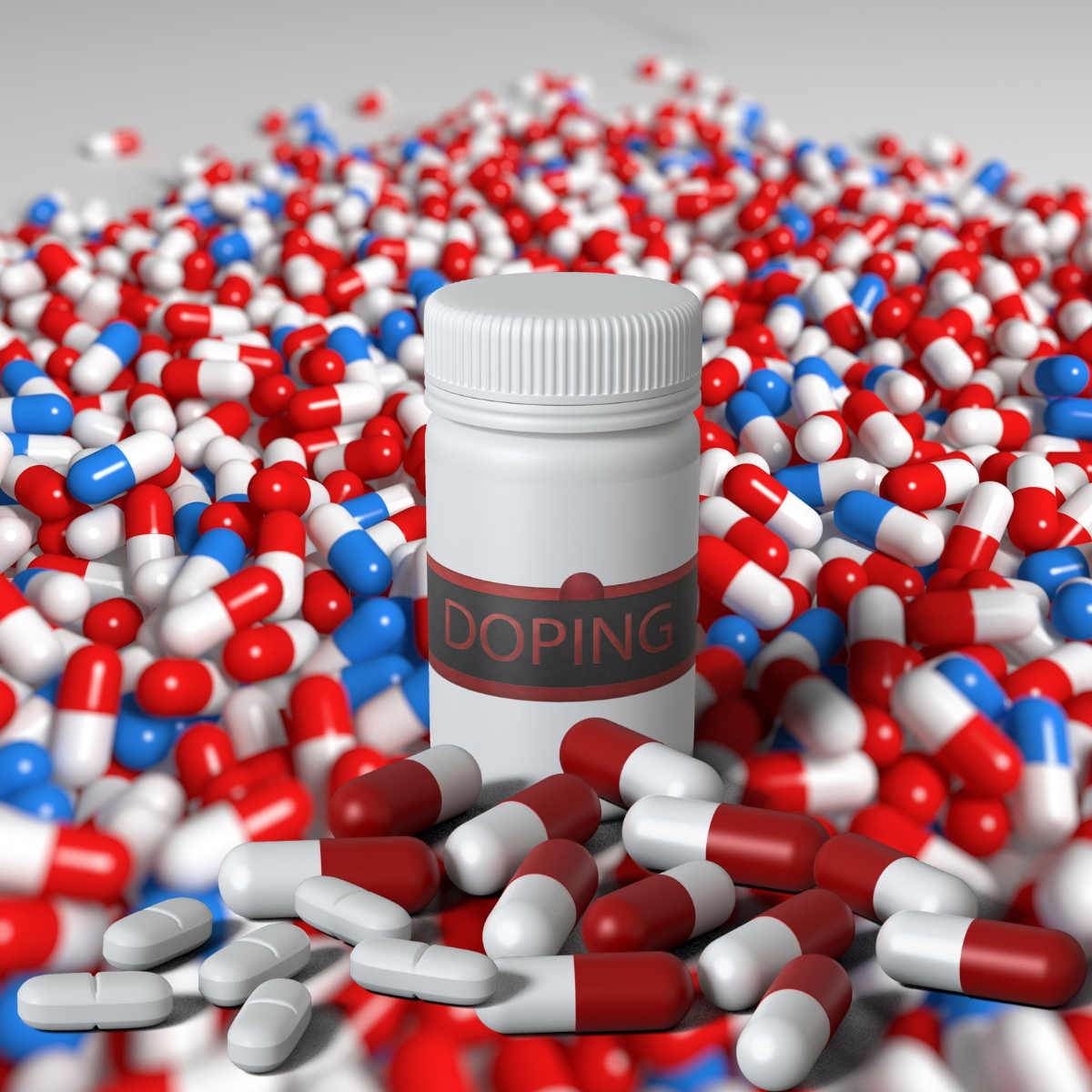Causes and risk factors
The exact cause of drug abuse and dependence is not known. The person’s genetic make-up plays a role. Peer pressure, emotional distress, anxiety or depression makes a person prone to drug abuse. Drug addictions are also associated with attention deficit disorder and post-traumatic stress disorder.
Clinical presentation
The signs and symptoms of drug dependence will depend upon what substance the person is addicted to. Drug addicts usually shirk responsibilities and facing difficulties in inter-personal relationships. They tend to use drugs in dangerous situations and take unnecessary risks without rational thought. They may commit acts of violence and are prone to face trouble with the law. Addicts are unable to stop using the drug and make certain that the supply of the drug is maintained at all times.
Complications of drug abuse include illnesses as well as socio-economic problems. Illnesses include depression, drug overdose, infection with HIV through shared needles and unsafe sexual practices leading to STD’s. They usually face problems with memory and concentration and are at an increased risk of accidents. They tend to face legal and financial problems and may even attempt to commit suicide.
Diagnosis & Investigations
Diagnosis of drug dependence begins with in depth personal, family and medical history and psychiatric evaluation. Several conditions mimic the symptoms of substance abuse and must be taken into consideration while making a diagnosis. These include personality disorder, bipolar disorder, schizophrenia, anxiety disorders, depression and dysthymia.
To be diagnosed with drug dependence you must meet the criteria given in the Diagnostic and Statistical Manual of Mental Disorders, published by the American Psychiatric Association. It includes the following:
- Development of tolerance level and need for more and more quantity
- Presence of physical and psychological withdrawal symptoms
- Repeated attempts to cut down or quit the dependence
- Social isolation n order to use the drug
- Taking drug in spite of being aware of its injurious effects.
Treatment
Treatment for drug dependence will depend upon the type of drug person is dependent upon, its duration, and presence of any complication. Treatment will include management of withdrawal symptoms, psychiatric counseling and treatment of any associated medical disorder.
Drug dependence is difficult to treat as some people start using the drug again after they have successfully stopped taking it during the treatment. . The patient is advised to join support groups for faster and sustained recovery.






























